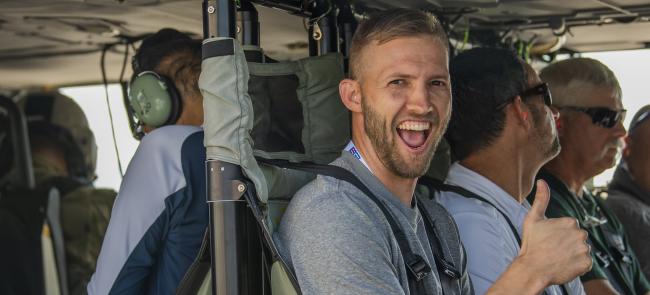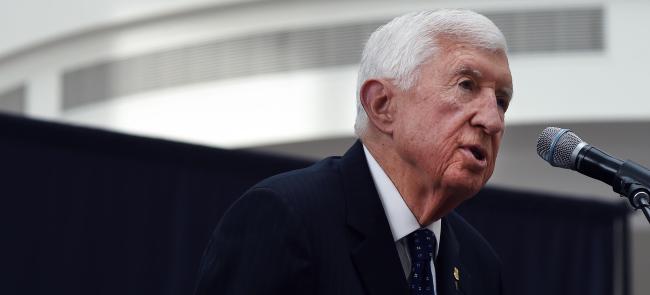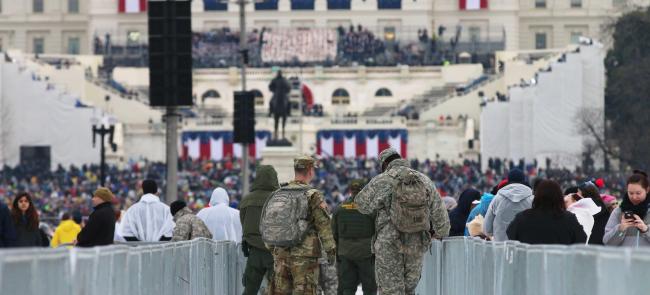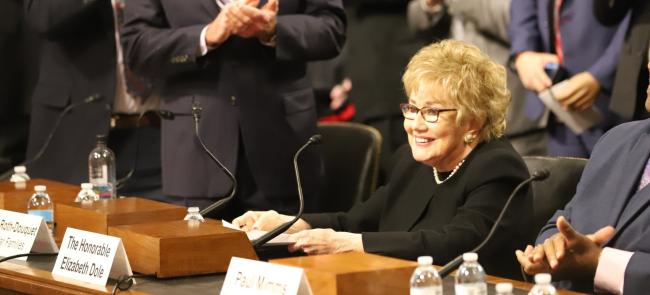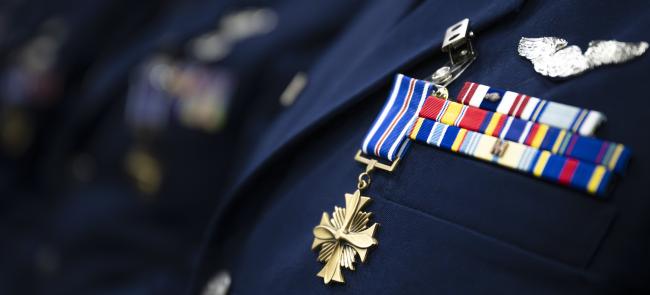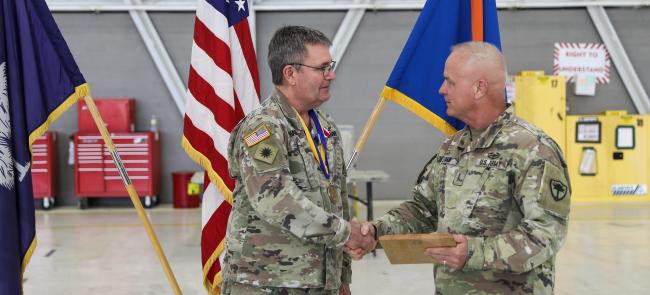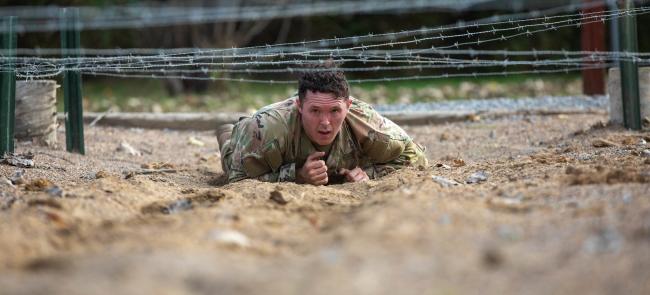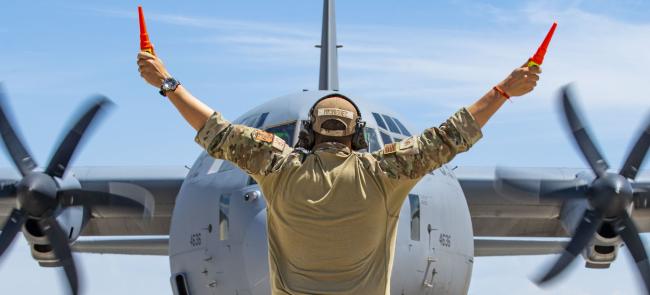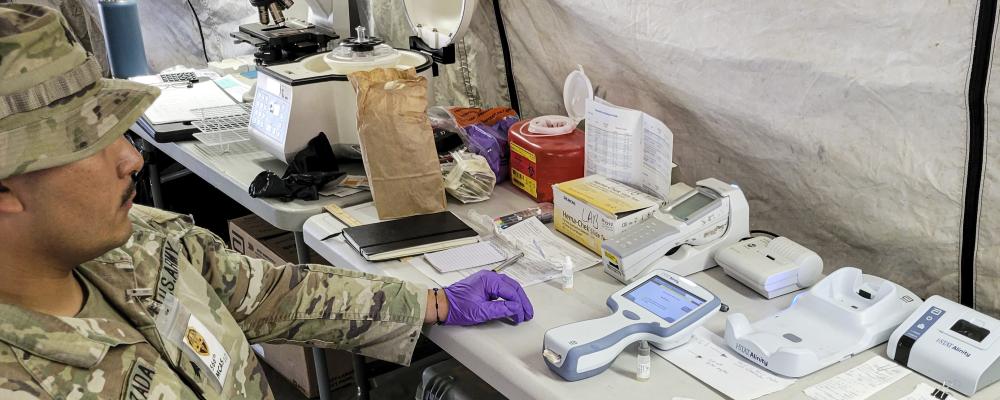
A new rapid blood test for traumatic brain injuries should be available to the military soon, according to the Military Health System.
The test — which was cleared for use by the Food and Drug Administration in March — is one of the biggest steps forward in TBI care in the past 20 years, Lt. Col. Bradley Dengler, an Army neuroscientist who directs the Military Traumatic Brain Initiative at the Uniformed Services University in Bethesda, Maryland, said in a May 23 press release.
The test can determine whether a person’s blood contains the protein markers associated with a mild TBI — or concussion — after 15 minutes.
Earlier tests had to be processed in a laboratory, taking hours or days for results.
The new test could help forward-deployed medics and health care providers at battalion aid stations and field hospitals decide which wounded service members they must treat first and who must be evacuated from the field.
"Given the large numbers of expected casualties with all severities of traumatic brain injury in future large-scale combat operations, this test can help maintain combat power far forward by helping to eliminate unnecessary evacuations," Dengler said.
"Additionally, and just as important, given the limited number of neurosurgeons available in-theater, ongoing research demonstrates that a future version of this test could be used to triage more severely injured patients, as the blood biomarker elevations correlate with the severity of their intracranial injuries," he continued.
"This can help get the most severely injured service members to neurosurgeons faster and ultimately save lives," Dengler added.
Considered one of the signature wounds from operations in Afghanistan and Iraq, TBIs can alter a person’s physical abilities, memory, mood and focus.
The effects of these "invisible wounds" can range from headaches and vision and hearing problems to extended comas, amnesia or even death.
More than 492,000 service members worldwide sustained a TBI from military training, a deployment or day-to-day activities such as an athletic competition from November 2000 through December 2023, according to the Defense Health Agency.
The U.S. Army Medical Research and Development Command — which is headquartered at Fort Detrick in Frederick, Maryland — worked with Abbott, a medical device manufacturer, to develop the new TBI blood test.
USAMRDC has been working to develop a solution for detecting and evaluating TBIs for more than two decades, officials said.
Officials expect the Analyzer Traumatic Brain Injury system — which Abbott markets as the i-STAT® TBI Plasma Cartridge — to be fielded in fiscal 2025.
— By John Goheen



